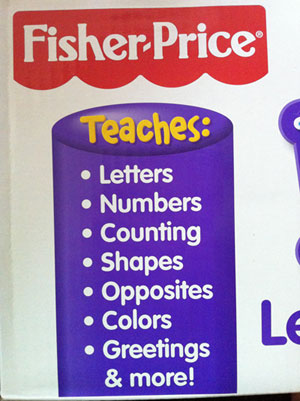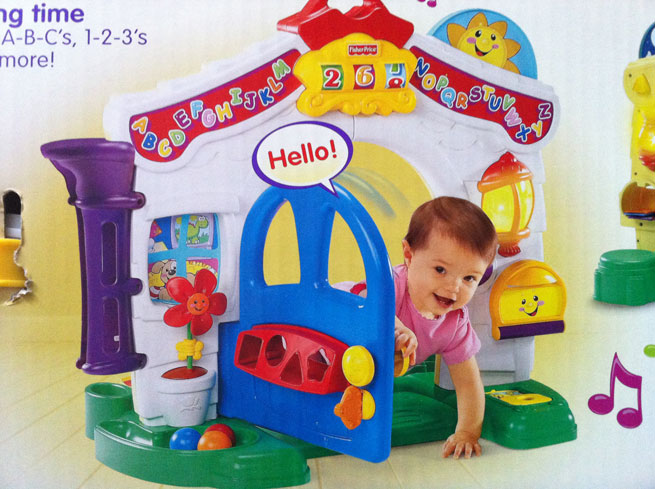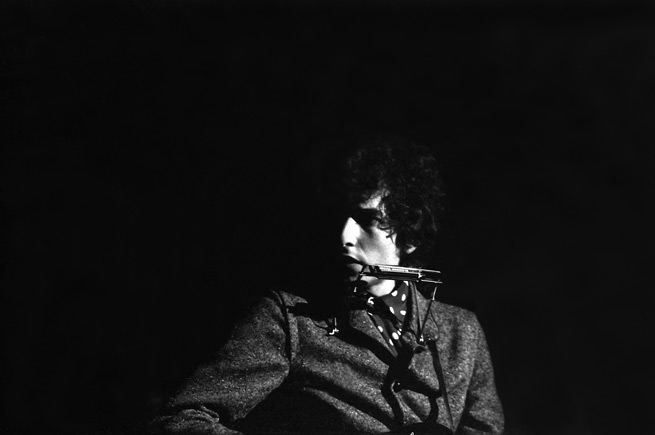I spend a lot of time considering how we learn, and how training and education programs for adults are created. So today, I want to talk about why I think teaching is so important, why I think it should be at the core of my business, and why I feel the web has reshaped the ability for us to learn in new ways.
The Problem With Many Education Programs: Teaching and Automation
Too often training and education are automated. For instance, in a training program in which a curriculum is created, trainers “deliver” the modules to group after group, and then the check-box is marked that it has been “rolled out.” There may even be a 300 page PDF file shared as a “leave behind” in case students have a question.
In an online education system, scheduling software, “online classrooms,” and pre-recorded components allow a simple “delivery of material” over the course of a period of time, thereby calling it a course or training program. But chunking up a book into 12 parts, and sharing it over 12 weeks is not teaching, is not education, is not training. The same way that throwing a newspaper on your driveway each morning is not the key part of informing you of world events.
In the same regard, online courseware has been evolving for a long time now, but I am always amazed at how it focuses on providing many options around process, and what seems lost is an environment that truly connects people. (more on that below)
Sometimes, courseware is simply a way to scale a particular effort. That they set it up, and then just try to pump as many “students” through it as possible. Again, this is delivering educational material, but not necessarily the process of education itself.
The Essential Ingredient to Education: Human Connection
In my own experience, there is A LOT more going on in the education process than simply transfer of knowledge.
When adults look to take a course on something, it is rarely a simple process of reading material, understanding it, then applying it. There are questions, uncertainties, fears, excitement, and an experience of learning that happens between not only a teacher and the student, but between students.
I use the web and automation tools for some aspects of how I teach, but not to replace the human contact. That’s the scary part for most. Some teachers or trainers will complain about that part of things – the one person in the room who always asks too many questions, or the student who thinks they need to prove that they know more than you.
But an essential part of education is debate, discussion, feedback, brainstorming, tearing us down, building us up. It’s about getting past emotional barriers, not just intellectual barriers. There is a reason that army training is not simply a manual saying: “wake up at 4am, run 10 miles, then go to target practice.” The social element is critical.
When you work with kids in a traditional classroom setting, you see this as well. You see it in eyes, in the lilt in people’s voices before they ask a question or give an answer. You see it in how they come to solutions, and why they go off course. You see it in the interactions between students, in the halls between classes, and in how they engage with their world.
The Teacher is Student
Inherently, I learn as much (or more) from the students I teach, as they learn from me. These are experts, creators in different niches, with loads of experience. I learn about their field, about their journey; I learn what engages them and what doesn’t; I learn – through them – what allows for progress, and what gets in the way; I learn how they learn; I learn how to effectively communicate with a variety of people, with a variety of goals.
Education is a constant process back and forth. It is an evolution – one where those who come to learn are inherently part of the instruction process.
I’ve yet to find a way to better educate myself than by working with a variety of people who go through the courses I teach.
Learning is Shared Experience
When a typical adult considers taking a course, a key barrier is often finding the time in their already busy lives. They are busy juggling their home life, work life, hobbies, kids, and so many other things.
What is always amazing to see though, is how ENGAGED these become with the class once they sign up. And not just with the material or with me, but with the other students. You see little communities forming, where each students goes out of their way to help another. They form relationships and a support network that lasts long after the course ends.
The learning experience is best when it is a shared experience. There are bonds created there not just between knowledge and person, but between people. They are able to explore the material from a variety of different viewpoints, and have more examples and context by which to understand how to apply it in their own goals.
Teaching and learning evokes the best part of who we are – of how we want to become, share, and grow. That’s why I love teaching. That’s why I am banking the future of my business on it. This is why teaching – and learning – is at the center of everything I do.
-Dan





